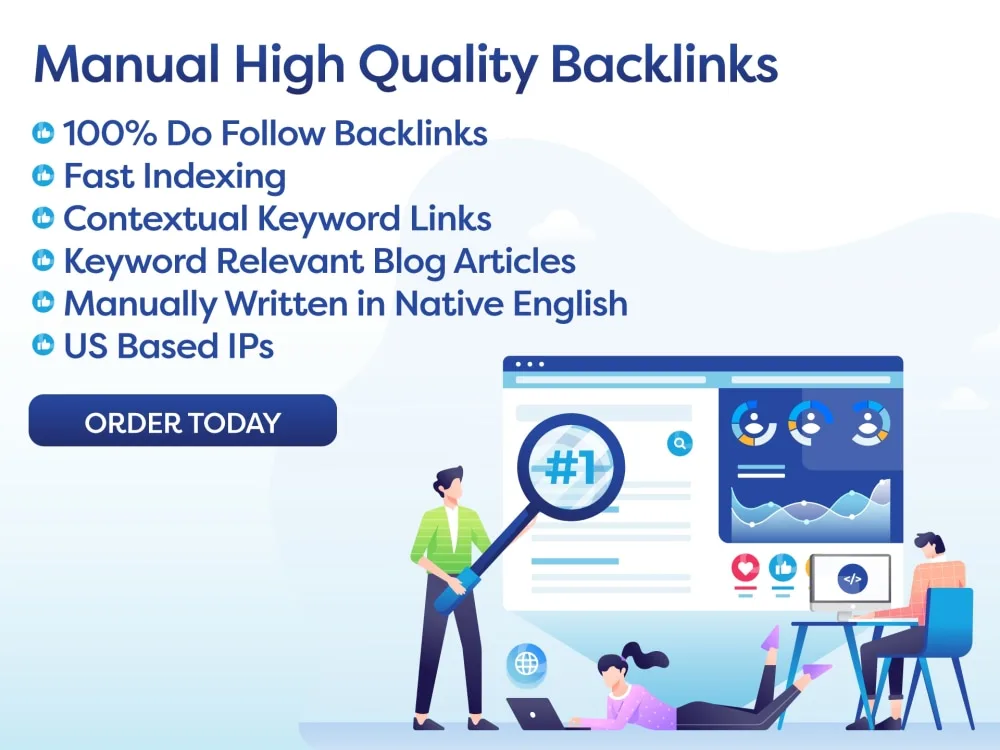Keyword research is crucial for content marketing and SEO strategy success. Understanding the basics, including tools like Google Keyword Planner, SEMrush, and Moz Keyword Explorer, is essential. Choosing the right keywords, balancing long-tail and short-tail options, and conducting competitor analysis are key. Implementing keywords strategically in content, considering placement and density, is crucial for SEO performance. Tracking and analyzing keyword performance, including monitoring rankings and performance metrics, allows for optimization and adjustments. By following these steps and taking action to improve keyword research, SEO beginners can enhance their digital presence and reach their target audience effectively.
Excerpt: Learn how to master Keyword research for content marketing and boost your SEO strategy.
Introduction:
Keyword research is an essential aspect of content marketing that can make or break your SEO strategy. For SEO beginners, understanding the importance of keyword research and how to effectively utilize it can be overwhelming. However, with the right tools and strategies, you can optimize your content to reach your target audience and improve your search engine rankings. In this article, we will delve into the world of keyword research for content marketing and provide you with the knowledge and skills you need to succeed in the digital realm.
Key Takeaways:
1. Understanding the basics of keyword research
2. Choosing the right keywords for your content
3. Implementing keywords effectively in your content
4. Tracking and analyzing keyword performance
Key Points:
1. Understanding the basics of keyword research
– Importance of keyword research in content marketing
– Tools and resources for conducting keyword research
Keyword research is the foundation of any successful content marketing strategy. By understanding the basics of keyword research, you can uncover valuable insights into what your target audience is searching for online. Utilizing tools such as Google Keyword Planner, SEMrush, and Moz Keyword Explorer can help you identify relevant keywords and gauge their search volume and competition levels. By conducting thorough keyword research, you can tailor your content to meet the needs and desires of your audience.
2. Choosing the right keywords for your content
– Long-tail vs. short-tail keywords
– Competitor analysis for keyword selection
When selecting keywords for your content, it is important to consider the distinction between long-tail and short-tail keywords. Long-tail keywords are more specific and targeted, while short-tail keywords are more general and competitive. Conducting competitor analysis can also help you identify keywords that your competitors are ranking for and give you insight into potential keyword opportunities. By choosing the right keywords for your content, you can increase your chances of ranking higher in search engine results pages (SERPs).
3. Implementing keywords effectively in your content
– Keyword placement and density
– Incorporating keywords naturally in your content
Once you have chosen your keywords, it is important to implement them effectively in your content. Keyword placement and density play a key role in SEO, as search engines use these factors to determine the relevance of your content to a user’s search query. However, it is essential to strike a balance between optimizing for keywords and ensuring that your content reads naturally and provides value to your audience. By incorporating keywords strategically throughout your content, you can improve your SEO performance and attract more organic traffic to your website.
4. Tracking and analyzing keyword performance
– Monitoring keyword rankings
– Analyzing keyword performance metrics
After implementing keywords in your content, it is crucial to track and analyze their performance. Monitoring keyword rankings can help you assess the effectiveness of your SEO strategy and make adjustments as needed. Additionally, analyzing keyword performance metrics such as click-through rate and conversion rate can provide valuable insights into the behavior of your audience and the impact of your content on search engine results. By continuously tracking and analyzing keyword performance, you can optimize your content and drive better results for your website.
Action Plan:
Based on the key points and takeaways covered in this article, here are some actionable steps you can take to improve your keyword research for content marketing:
1. Conduct thorough keyword research using tools such as Google Keyword Planner, SEMrush, and Moz Keyword Explorer.
2. Choose a mix of long-tail and short-tail keywords that are relevant to your audience and have low competition.
3. Implement keywords strategically in your content, ensuring that they are placed naturally and provide value to your readers.
4. Track and analyze keyword performance metrics to measure the effectiveness of your SEO strategy and make data-driven decisions for future optimization.
Conclusion:
In conclusion, mastering keyword research for content marketing is essential for SEO beginners looking to enhance their digital presence and reach their target audience effectively. By understanding the basics of keyword research, choosing the right keywords, implementing them effectively in your content, and tracking their performance, you can improve your SEO strategy and boost your website’s visibility in search engine results. With the right tools and strategies, you can optimize your content to attract more organic traffic and achieve your digital marketing goals.
FAQ:
Q: How do I choose the best keywords for my content?
A: Conduct thorough keyword research using tools such as Google Keyword Planner, SEMrush, and Moz Keyword Explorer to identify relevant keywords with low competition and high search volume.
Q: What is the difference between long-tail and short-tail keywords?
A: Long-tail keywords are more specific and targeted, while short-tail keywords are more general and competitive. It is essential to strike a balance between the two when selecting keywords for your content.
Q: How can I track and analyze keyword performance?
A: Monitor keyword rankings and analyze performance metrics such as click-through rate and conversion rate to assess the effectiveness of your SEO strategy and make data-driven decisions for optimization.

